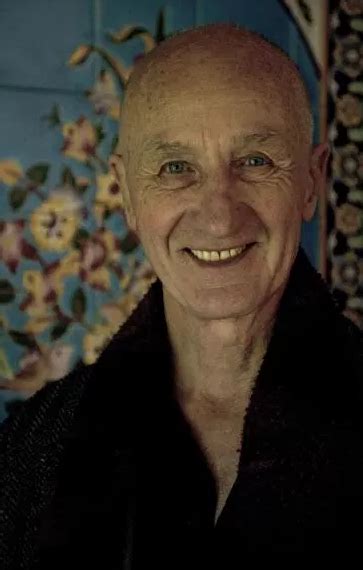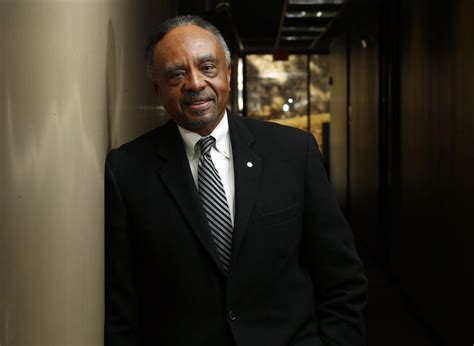A Quote by Linda Hogan
Telling about our lives is important for those who come after as, for those who will see our experience as part of their own historical struggle.
Related Quotes
Each of us will have our own Fridays—those days when the universe itself seems shattered and the shards of our world lie littered about us in pieces. We all will experience those broken times when it seems we can never be put together again. We will all have our Fridays. But I testify to you in the name of the One who conquered death—Sunday will come. In the darkness of our sorrow, Sunday will come. No matter our desperation, no matter our grief, Sunday will come. In this life or the next, Sunday will come.
To those who live by the land there must always come times of hardship, of fear and of hunger, even as there are years of plenty. This is one of the truths of our existence as those who live by the land know: that sometimes we eat and sometimes we starve. We live by our labours fromone harvest to the next, there is no certain telling whether we shall be able to feed ourselves and our children, and if bad times are prolonged we know we must see the weak surrender their lives and this fact, too, is within our experience. In our lives there is no margin for misfortune.
On this Thanksgiving, as we spend time with our family and friends, let's all reflect on what we're thankful for in our own lives. And let's remember those who cannot be with their loved ones because they're serving overseas. But let's also do our part to help those who have no place to go for a meal. I encourage all Americans to do what they can to help those in need-because the best way to show our gratitude for what we have is by doing our part for those who have less.
Food is such an important part of our lives, and sometimes we tend to diminish the importance of that, because we rely on conveniences or because our lives are so complicated. We forget about those moments that we can actually share around the table with our family, with our friends, with our loved ones.
The hardest part of being a Christian is surrendering and that is where the real struggle happens. Once we have overcome our own desire to be elevated, our own desire to be recognized, our own desire to be independent and all those things that we value very much because we are Americans and we are part of this American culture. Once we have overcome that struggle then God can use us as a part of His body to accomplish what the body of Christ was left here to accomplish.
I won't say he [Shakespeare] 'invented' us, because journalists perpetually misunderstand me on that. I'll put it more simply: he contains us. Our ways of thinking and feeling-about ourselves, those we love, those we hate, those we realize are hopelessly 'other' to us-are more shaped by Shakespeare than they are by the experience of our own lives.
Our lives are a battlefield on which is fought a continuous war between the forces that are pledged to confirm our humanity and those determined to dismantle it; those who strive to build a protective wall around it, and those who wish to pull it down; those who seek to mould it and those committed to breaking it up; those who aim to open our eyes, to make us see the light and look to tomorrow [...] and those who wish to lull us into closing our eyes
True piety admits no other rule than that whatsoever things have been faithfully received from our fathers the same are to be faithfully consigned to our children; and that it is our duty, not to lead religion whither we would, but rather to follow religion whither it leads; and that it is the part of Christian modesty and gravity not to hand down our own beliefs or observances to those who come after us, but to preserve and keep what we have received from those who went before us.
If we tend to the things that are important in life, if we are right with those we love, and behave in line with our faith, our lives will not be cursed with the aching throb of unfulfilled business. Our words will always be sincere, our embraces will be tight. We will never wallow in the agony of ‘I could have, I should have’. We can sleep in a storm. And when its time, our goodbyes will be complete.
Five years from the date of the attack that changed our world, we've come back to remember the valor of those we lost-those who innocently went to work that day and the brave souls who went in after them. We have also come to be ever mindful of the courage of those who grieve for them, and the light that still lives in their hearts.







































